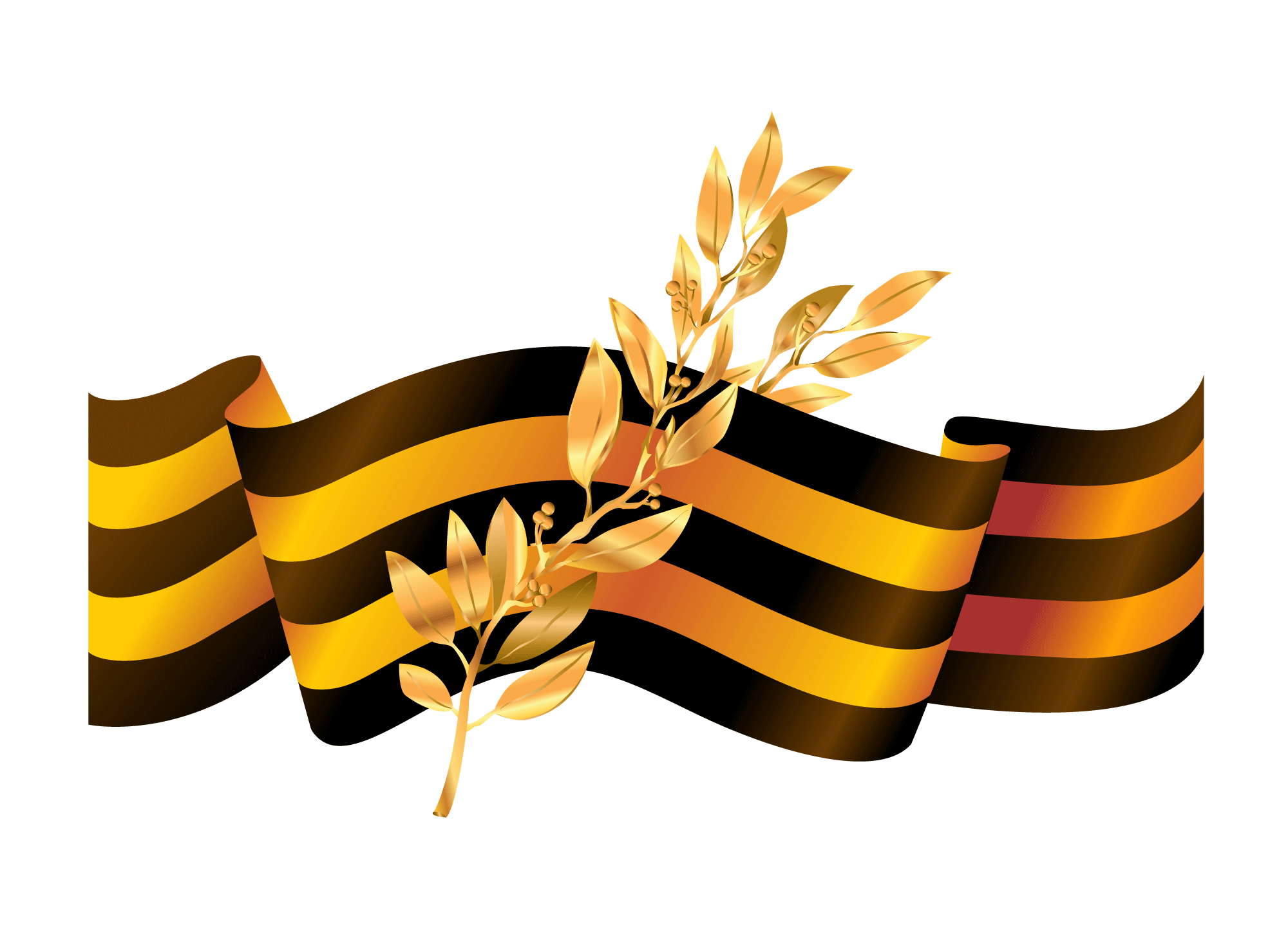Roses and essentail oils
"[At the wedding of Cupid (Eros) and Psyche (Psykhe) :] The Horae (Seasons) brightened the scene with roses and other flowers, the Gratiae (Graces) [Kharites] diffused balsam."
Apuleius, The Golden Ass 10. 30 ff :
"[Description of an ancient Greek play portraying the Judgement of Paris :] Each maiden representing a goddess was accompanied by her own escort . . . Next floated in charming children [attending Aphrodite], unmarried girls, representing on one side the Gratiae (Graces) [Charites] at their most graceful, and on the other the Horae in all their beauty. They were appeasing the goddess by strewing wreaths and single blossoms before her, and they formed a most elegant chorus-line as they sought to please the Mistress of pleasures with the foliage of spring."
Nonnus, Dionysiaca 3. 110 ff (trans. Rouse) (Greek epic C5th A.D.) :
"The soil of Byblos [in Syria] where the Kharites (Charites, Graces) have their home, where Assyrian Kythereia (Cytherea) [Aphrodite] dances."
Nonnus, Dionysiaca 16. 130 ff :
"[Dionysos woos the nymphe Nikaia (Nicaea) :] ‘I will present you with the Kharites (Charites) of divine Orkhomenos (Orchomenus) for servants, my daughters, whom I will take from Aphrodite.’"
Nonnus, Dionysiaca 24. 261 ff :
"[When Aphrodite entered into a contest with Athena in weaving :] The dancers of Orkhomenos (Orchomenus) [i.e. the Kharites] who were attendants upon the Paphian [Aphrodite] had no dancing then to do; but Pasithea made the spindle run round, Peitho dressed the wool, Aglaia (Aglaea) gave thread and yarn to her mistress. And weddings went all astray in human life."
Nonnus, Dionysiaca 31. 203 ff :
"Assyrian Aphrodite seated in a solitary spot upon Libanos (Lebanon), alone, for the Kharites (Charites, Graces), those dancers of Orkhomenos (Orchomenus), had been sent away to gather the various flowers of spring in the gardens--one to gather Kilikian (Cilician) crocus, one eager to bring balsam and sprouts of the Indian reed, another for the fragrant petals of the rose."
Nonnus, Dionysiaca 33. 4 ff :
"[Pasithea] oOne of the swiftshoe Kharites (Charites, Graces) was gathering the shoots of the fragrant reeds in the Erythraian (Erythraean) garden, in order to mix the flowing juice of Assyrian oil with Indian flowers in the steaming cauldrons of Paphos, and make ointment [or perfume] for her Lady [Aphrodite]."
Nonnus, Dionysiaca 41. 6 ff :
"[At Paphos were] Adonis and Kythereia (Cytherea) [Aphrodite]. There were also a troop of Kharites (Charites, Graces)."
Nonnus, Dionysiaca 41. 212 ff :
"[The Kharites (Charites)] the dancing maidens of Orkhomenos (Orchomenus), handmaids of the Paphian [Aphrodite], drew from the horsehoof fountain of imagination [Hippokrene], dear to the nine Mousai (Muses), delicate water to wash her [Aphrodite's infant daughter Beroe]."
Nonnus, Dionysiaca 41. 263 ff (trans. Rouse) (Greek epic C5th A.D.) :
"To that place [the house of Harmonia] went Kharis (Charis), fellow-voyager [attendant] with the Foamborn [Aphrodite], and running ahead she knocked at the eastern gate of Euros (the East Wind)."
Roses and essentail oils
A fountain of imagination
Is so pure
It is able to cure
Sadness and rumination.
People who turn to Charites
Want to be loved,
And their wishes fly high
In the sky above them.
These names vibrate with light
While the ladies dance,
And a sweet, intense
Fragrance of flowers and oils
Makes their hearts thump and bounce.
Свидетельство о публикации №122103106132

